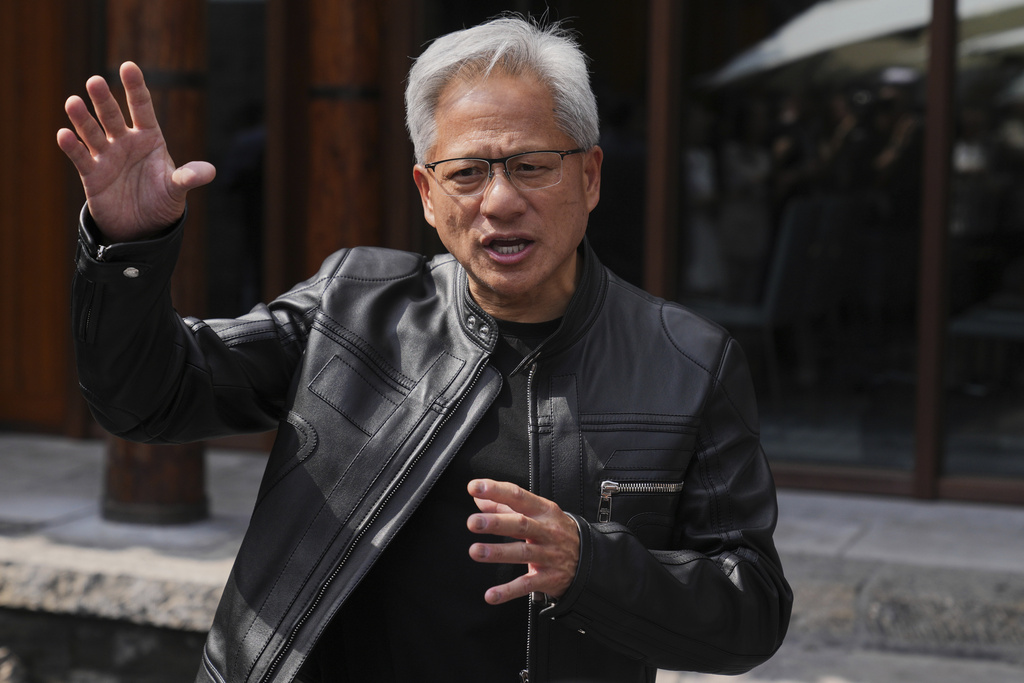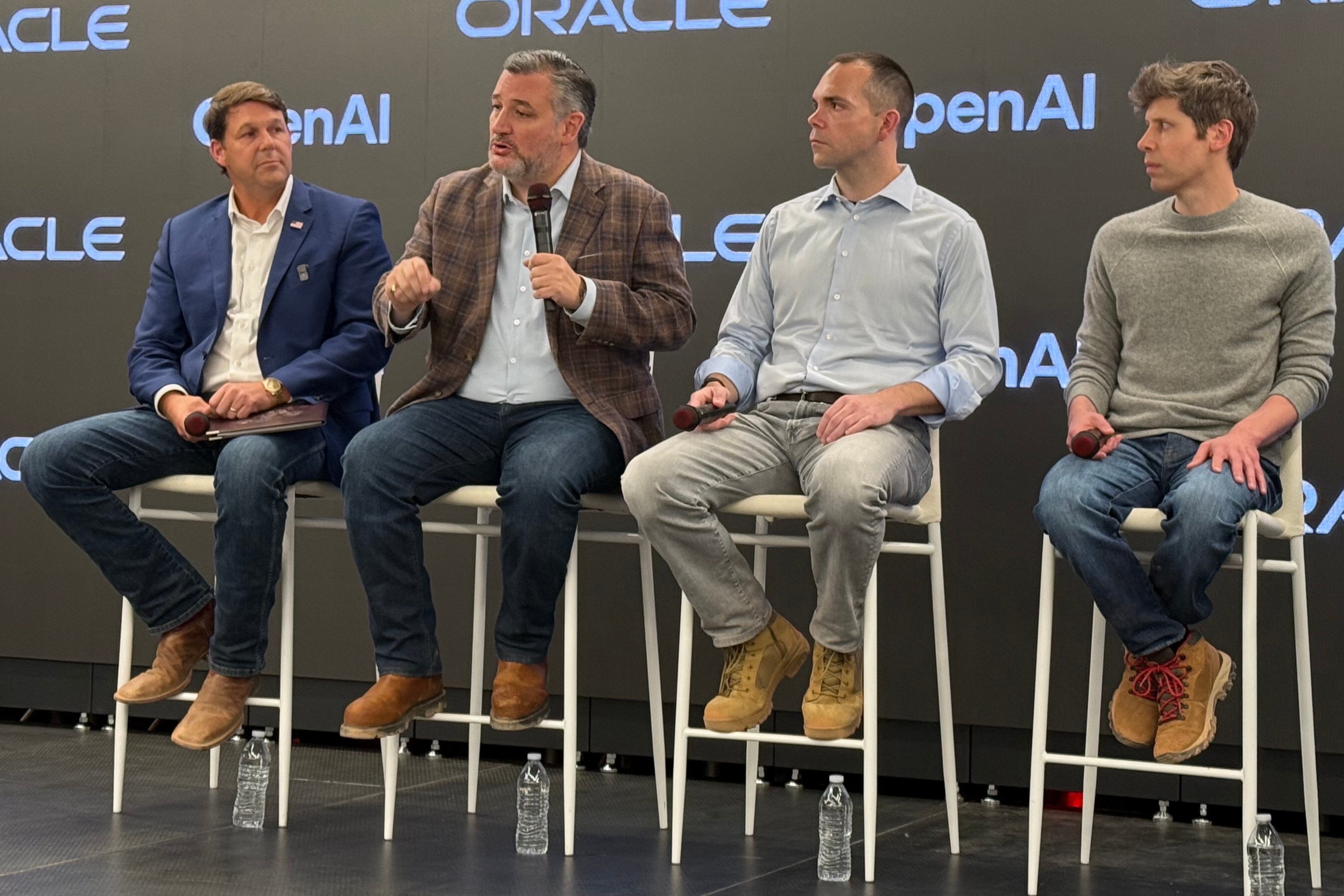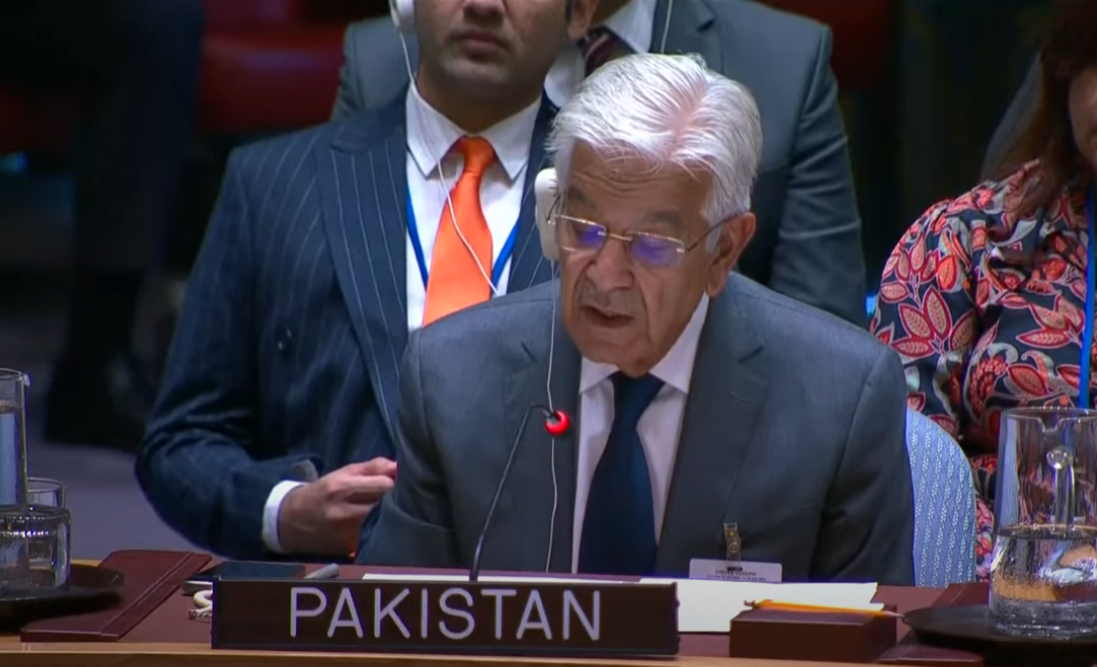
Pakistan’s Defense Minister Khawaja Asif speaks on AI and Global Security at UN High-Level Meeting on Wednesday. -- Screengrab/DWS News
ISLAMABAD: The rise of artificial intelligence took center stage at Wednesday's meeting of the UN Security Council, with world leaders and diplomats acknowledging AI’s nearly immeasurable capabilities while urging caution about its potential harms in nefarious hands, as well as possible dangers involving military use of the technology, AP reported.
“The question is not whether AI will influence international peace and security, but how we will shape its influence used responsibly,” U.N. Secretary-General Antonio Guterres said in opening remarks at Wednesday’s meeting.
“AI can strengthen prevention and protection, anticipating food insecurity and displacement, supporting de-mining, helping identify potential outbreaks of violence, and so much more. But without guardrails, it can also be weaponized.”
The session at this week’s annual high-level United Nations meetup showcased the global awareness of AI’s power, with leaders addressing the possible benefits in areas like medical research and international, in equal measure with warnings for its ability to create and spread misinformation and other ills, AP reported.
‘Most consequential dual-use technology’
Pakistan’s Minister of Defense Khawaja Asif said AI “is the most consequential dual-use technology of our times, capable of accelerating socioeconomic progress but equally capable of deepening inequalities and destabilising international order.”
Asif further said: Unregulated and irresponsible use of AI enables disinformation campaigns, offensive cyber operations, and development of new types of armaments. The accelerating weaponization of AI through autonomous weapon systems and AI-driven command and control systems pose a grave danger.
The Pakistani defense minister said: In the recent conflict in the subcontinent between India and Pakistan, for the first time, autonomous loitering munitions and high-speed dual-capable cruise missiles were used by one nuclear-armed state against another during the military exchange, which manifests the dangers which AI can pose. These developments raise serious questions for the future of warfare.
“Three lessons are clear. One, AI lowers the threshold for use of force, making wars more politically and operationally feasible. Two, AI compresses decision time, narrowing the window for diplomacy and de-escalation. And three, AI blurs domain boundaries, merging cyber, kinetic, and informational effects in unpredictable ways,” he added.
Principle for collective approach
Our collective approach to meet these challenges must rest on the following principle, he said, adding: “First, the UN Charter and international law must fully govern the development and use of AI. Applications and without meaningful human control should be prohibited. Second, strategic communication on AI nuclear intersections is vital to reduce risk of miscalculation. Third, states must commit to measures that prevent destabilizing use and pre-emptive incentives. Fourth, developing countries must have the capacity, access, and voice to shape AI governance. Fifth, AI must not become a tool of coercion or technological monopoly. Sixth, AI governance must be anchored in the legitimacy of the United Nations system. Seventh, attempts to monopolise strategic advantage will fail. The only sustainable path is cooperation based on mutual respect.”
He said the adoption of General Assembly Resolutions 78-311 led by China last year was a landmark achievement that established the first multilateral agreed blueprint for AI capacity building.
“We must ensure that AI is harnessed to promote peace and development, not conflict and instability,” Asif said.
‘Promise for peace’
“Deep AI analysis of situation data holds this promise for peace,” said British Deputy Prime Minister David Lammy, heralding AI's ability to keep “ultra-accurate, real-time logistics, ultra-accurate real-time sentiment analysis, ultra-early warning systems.”
According to AP, Lammy warned of the “challenges for armed conflict,” such as "the risk of miscalculation, the risk of unintended escalation, and the arrival of artificial intelligence-powered chat bots stirring conflict.”
Wednesday's open debate centered around how the Council can help ensure the responsible application of AI to comply with international law and support peace processes and conflict prevention.
Human oversight
Several, including Sierra Leone Minister of Foreign Affairs Timothy Kabba, stressed the need for the Council to lead the way on ensuring that AI is not used by militaries without human oversight, so as to avert potentially devastating escalations or misfires.
“The Council can encourage best practices in peace operations, promote safeguards to retain human agency in military uses, and ensure compliance with international law and international humanitarian law,” Kabba said.
Kyriakos Mitsotakis, prime minister of Greece, called on the Council to “rise to the occasion; just as it once rose to meet the challenges of nuclear weapons or peacekeeping, so too now it must rise to govern the age of AI.”
‘Digital colonialism’
Somalian President Hassan Sheikh Mohamud warned of “digital colonialism,” which he said can be addressed through partnering with initiatives “to help ensure AI is a tool for collective advancement rather than a social side of the division.”
Ahmed Attaf, Algeria's foreign minister, noted that “only 10 states out of the 55 members of the African Union have adopted the necessary information technology regulations,” for AI, something he said, “reflects the weakness of our legislative and regulatory frameworks in most African states” and "poses the challenge of digital sovereignty for the African continent.”
More on AI coming up at UN
On Thursday, as part of the body’s annual meeting, Guterres will hold a meeting to launch the forum, called the Global Dialogue on AI Governance.
It's a venue for governments and “stakeholders” to discuss international cooperation and share ideas and solutions. It's scheduled to meet formally in Geneva next year and in New York in 2027, AP reported.
Latest News
Canada says relocating some diplomatic staff from Tel Aviv
2 HOURS AGO
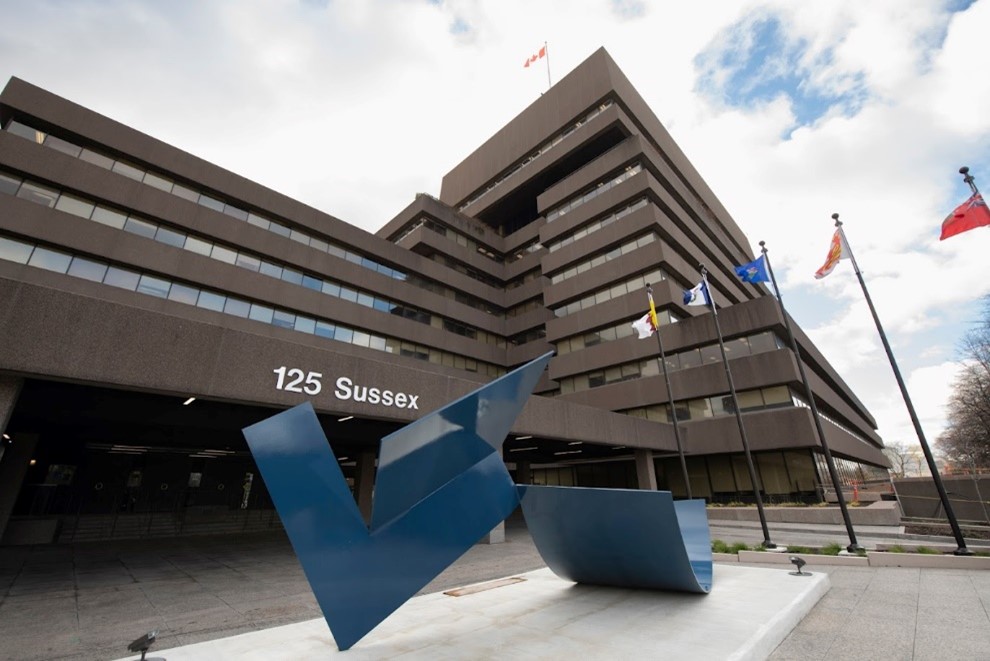
At least 15 dead in Bolivian military plane crash: firefighters
3 HOURS AGO
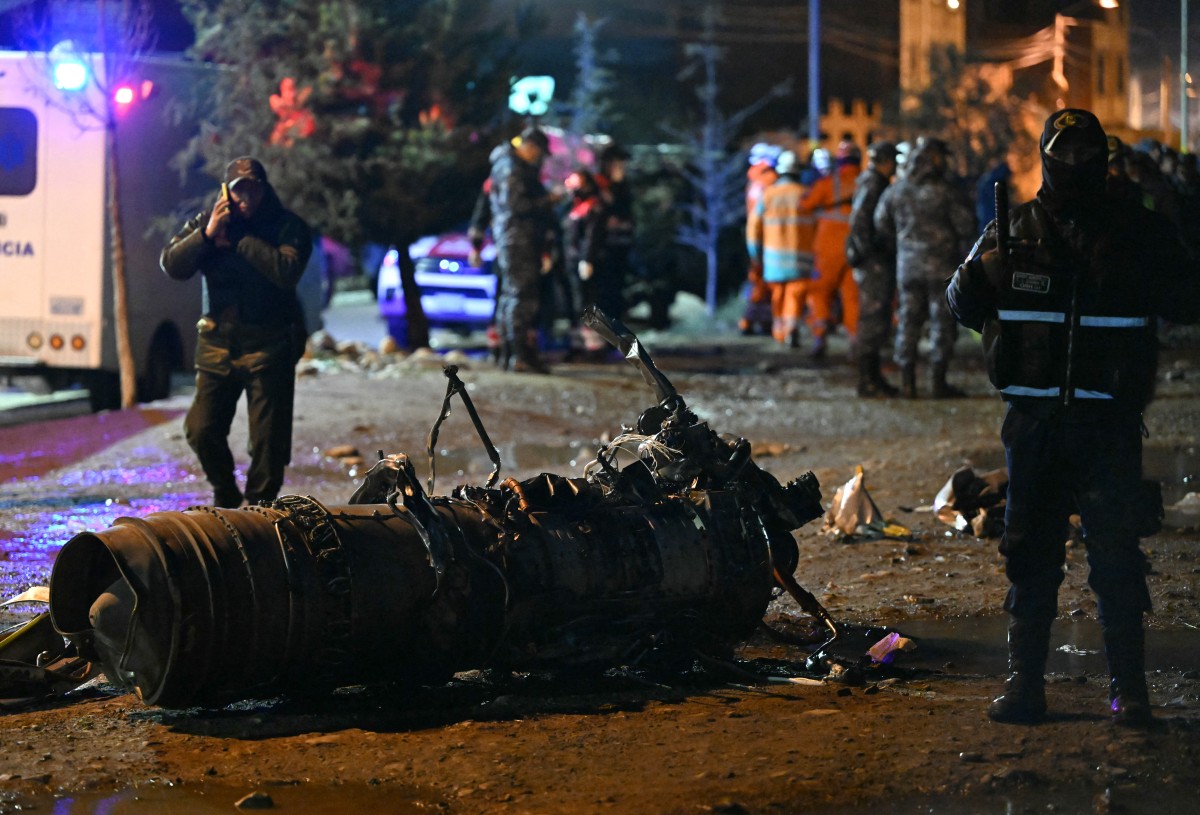
UAE calls for de-escalation amid renewed Pakistan-Afghanistan tensions
4 HOURS AGO
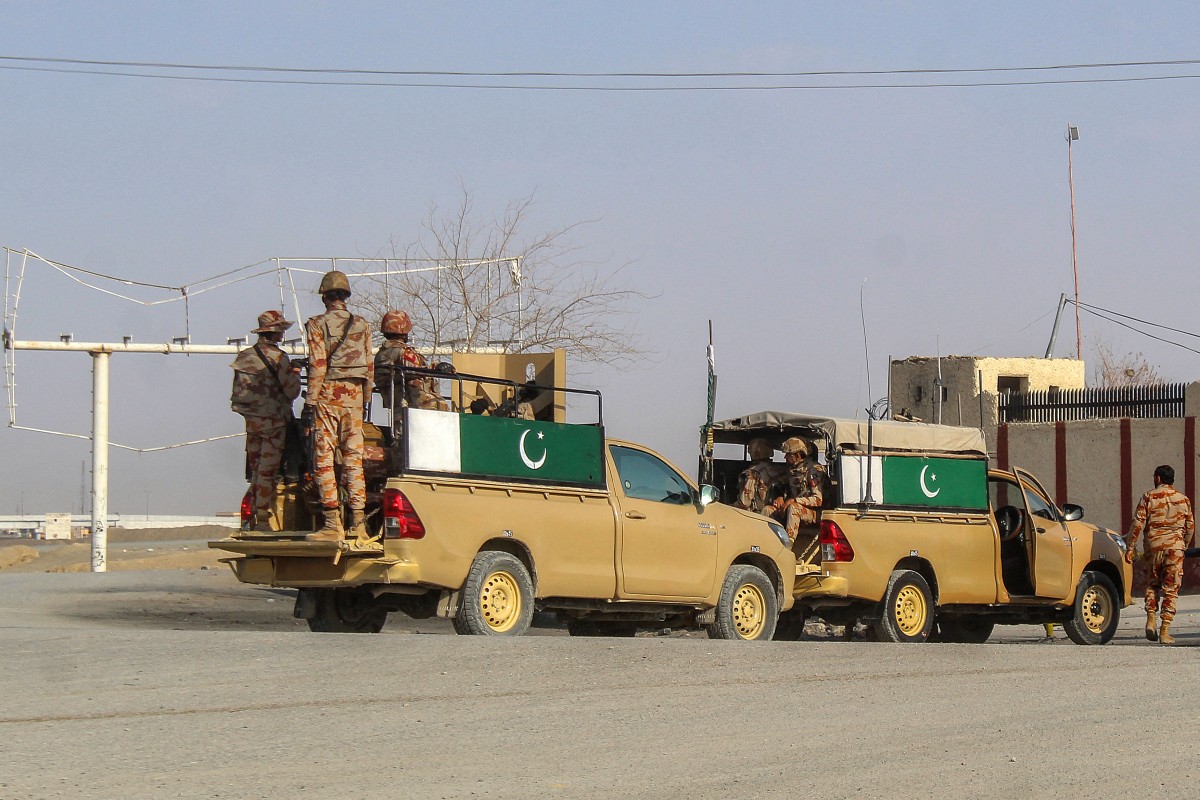
‘No dialogue’: Pakistan says terrorism from Afghanistan must end
4 HOURS AGO
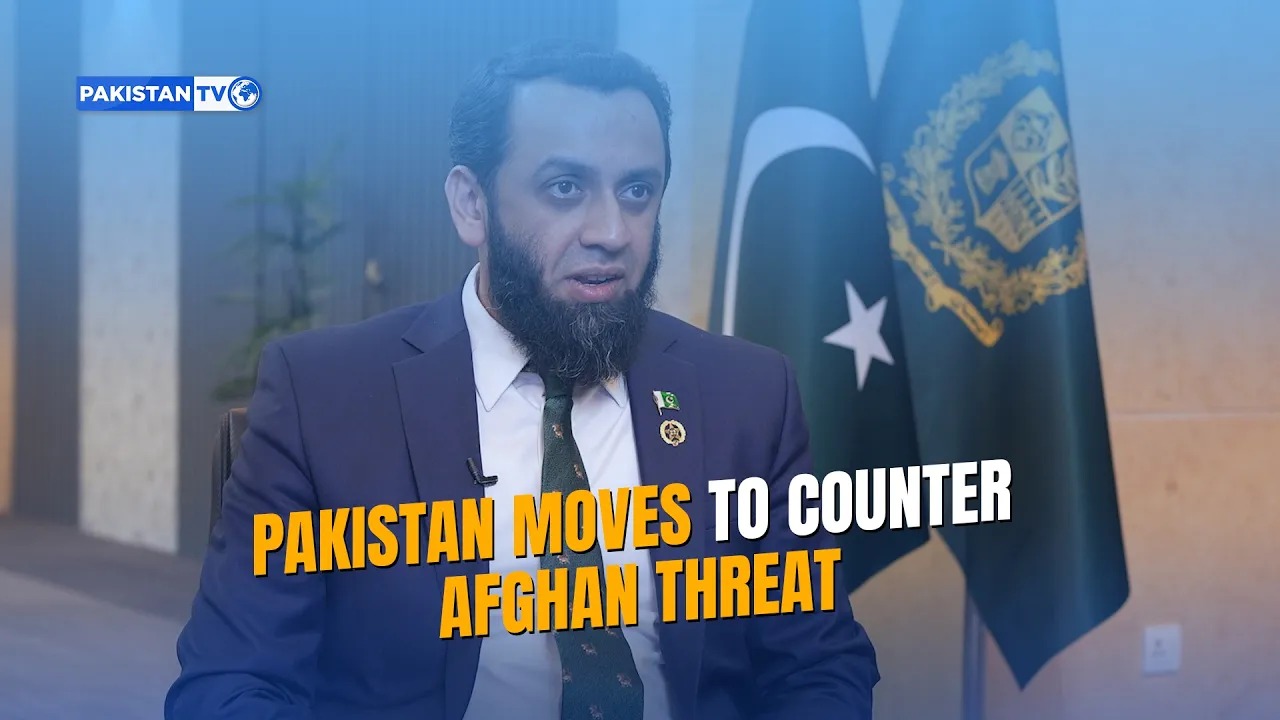
Paramount acquires Warner Bros. in $110B mega-merger
6 HOURS AGO


